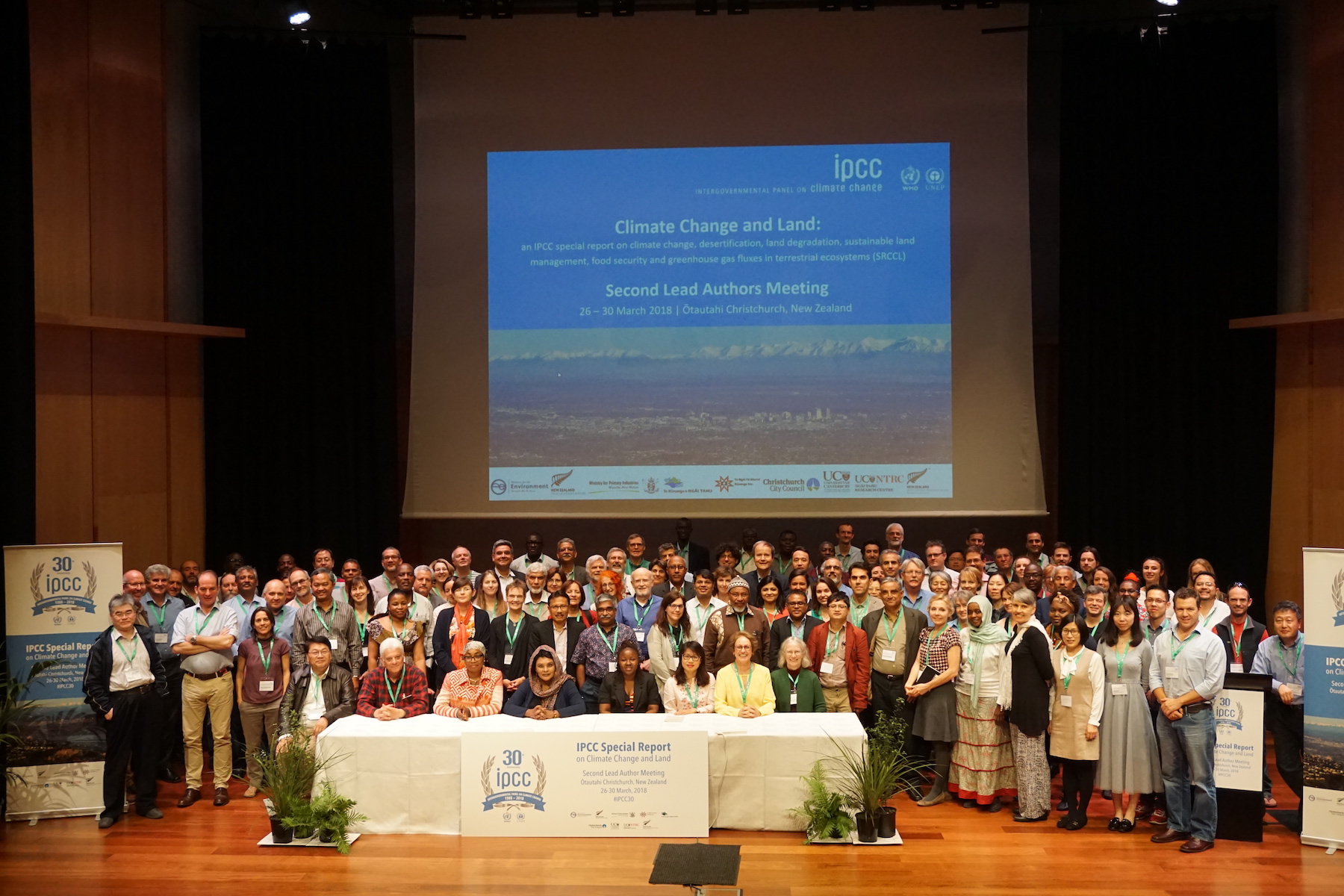Agricultural market systems play a pivotal role in food security, livelihood development and economic growth. However, the agricultural sector in Nepal is constrained by a lack of spatially-explicit technologies and practices related to improved seed and fertilizer. Embracing these challenges, Dyutiman Choudhary, a scientist in market development with the International Maize and Wheat Improvement Center (CIMMYT), works to strengthen the seed and fertilizer market systems and value chains, with the ultimate goal to ensure demand-driven, inclusive and market-oriented cereal production.
Nepal’s agricultural sector is dominated by smallholder farmers. As farming is mostly semi-commercial and subsistence in nature, many smallholder farmers are isolated from markets and lack knowledge about the latest farming technologies and inputs. They are unable to upgrade their farms to increase productivity for generating marketable surplus to make profitable income. Agribusiness entities in Nepal — such as seed companies, agrodealers and importers — face market development challenges and lack the commercial and business orientation to develop and deliver new technologies to farmers. Output market linkages are weak and loosely integrated, leading to poor coordination, weak information flow and lower return to actors.
This is where Choudhary’s expertise in agribusiness management fits in to make a difference.
Born and raised in Shillong, a hill station in northeastern India with a distinctive charm, he was enrolled as an engineering student. However, his interest took a sudden turn when he got drawn towards biological sciences and ultimately decided to leave the engineering course by stepping into agribusiness management. “I realized I was walking in the right direction as I was fascinated to learn about the livelihood benefits of agroforestry and the scope of agribusiness in fostering overall economic growth.”
He joined CIMMYT in 2017 as an expert in market development, but his roles and responsibilities transitioned to working as a Lead for the Nepal Seed and Fertilizer (NSAF) project within four months of his appointment. His role involves leading an interdisciplinary team of scientists, partners and experts to develop a synergistic market system. The NSAF team fosters public private partnerships, improves access to support services and strengthens inclusive value chains in a supportive policy environment.
Choudhary’s research focuses on assessing crops, seed and fertilizer value chains; developing commercial and inclusive upgrading strategies with businesses and stakeholders; assessing competitiveness of seed companies; lobbying for policies to foster the growth of seed and fertilizer business; and building pathways for public and private sector services to market actors and smallholder farmers.
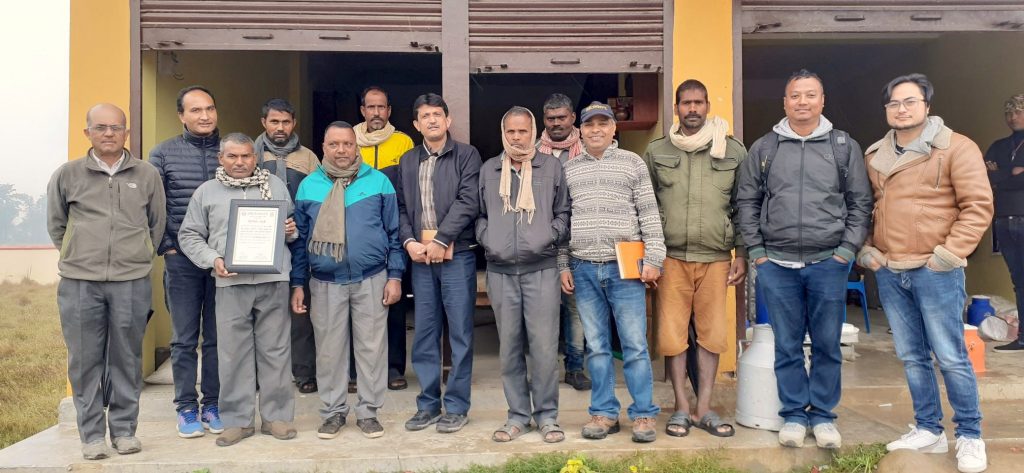
A roadmap to innovative market systems
Choudhary introduced the vision of a market system approach and put together a strategic roadmap in collaboration with a team from CIMMYT researchers from the Global Maize program, the Sustainable Intensification program and the Socioeconomics program. The roadmap addressed the concerns of low crop productivity, poor private sector growth and a less supportive policy environment inhibiting agricultural innovations in Nepal.
“Seed and fertilizer market systems in Nepal are uncompetitive and lack influx of new knowledge and innovations that restricts agriculture growth,” Choudhary explained.
Having prior experience as a regional lead for high-value products and value chains for South Asia and an inclusive market-oriented development expert in Eastern and Southern Africa, Choudhary carries unique capabilities for putting together a winning team and working with diverse partners to bring about a change in farming practices and build a strong agribusiness sector in Nepal.
Under his leadership, Nepalese seed companies are implementing innovative and competitive marketing approaches to develop newly acquired hybrid varieties under their brands. The companies are upgrading to build business models that cater to the growth of seed business, meet market demands and offer innovative services to smallholder farmers to build a sustainable national market. Facilitating financing opportunities has enabled these enterprises to produce strategic business plans to leverage $2 million to finance seed business. Improved value chain coordination mechanisms are increasing demand of seed company’s products and enhancing smallholder farmers’ access to output markets.
There is a renewed interest and confidence beaming from the private sector to invest in fertilizer business due to improved knowledge, communication and collaborative methods. The government committed to support balanced soil fertility management and allocated $2.4 million in 2019 to initiate fertilizer blending in Nepal.
The landscape is changing, and policy makers are considering new ideas to strengthen the delivery of targets under the Government of Nepal’s National Seed Vision 2013-2025 and the Agriculture Development Strategy 2015-2035.
Competitiveness fosters productivity
The results of Choudhary’s work have the potential to transform Nepalese agriculture by unleashing new investments, changes in policies and practices, and innovative business management practices. “Despite a huge change in my TOR and the challenges to deliver impactful outcomes, I was able to successfully steer the project to produce exciting results that made the donor to declare it as their flagship project in Nepal,” he explained. “At the end of the day, reflecting upon the work achieved with my team and the stakeholders in co-creating solutions for complex issues brings me immense satisfaction.”
An amiable individual, he feels close to natural science and loves interacting with farmers. “I’ve always enjoyed traveling to biodiversity-rich locations, to understand local cultures and livelihood practices, so as to gauge the drivers of innovation and adaptation to change among diverse rural populations.”
“Keeping up the momentum, I want to continue to support growth in agribusiness management in less favorable regions, helping stakeholders in the farm-to-fork continuum to leverage the potential of innovations in research, development and delivery.”
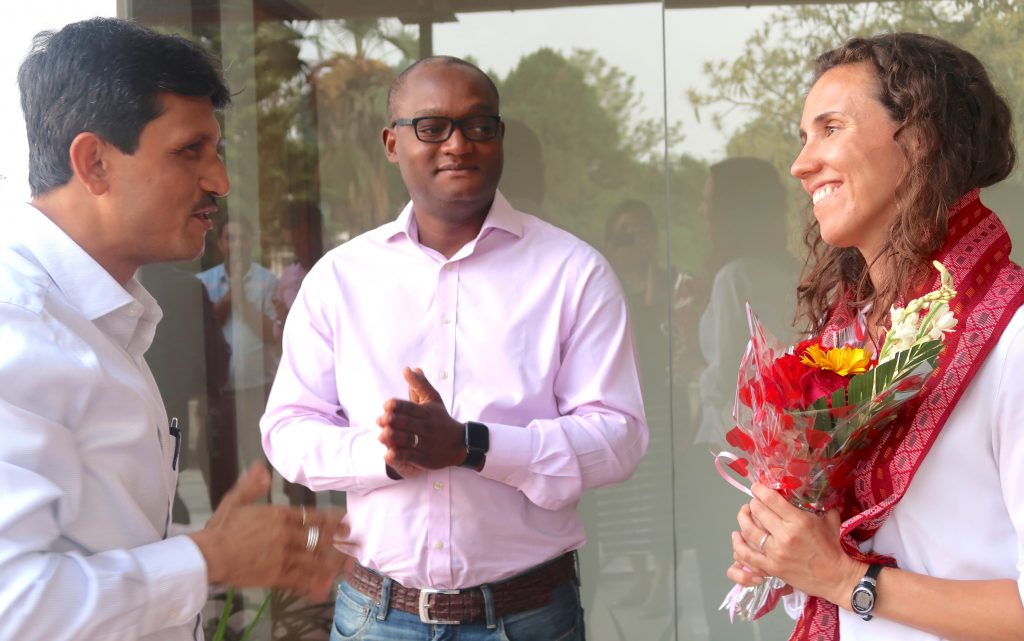
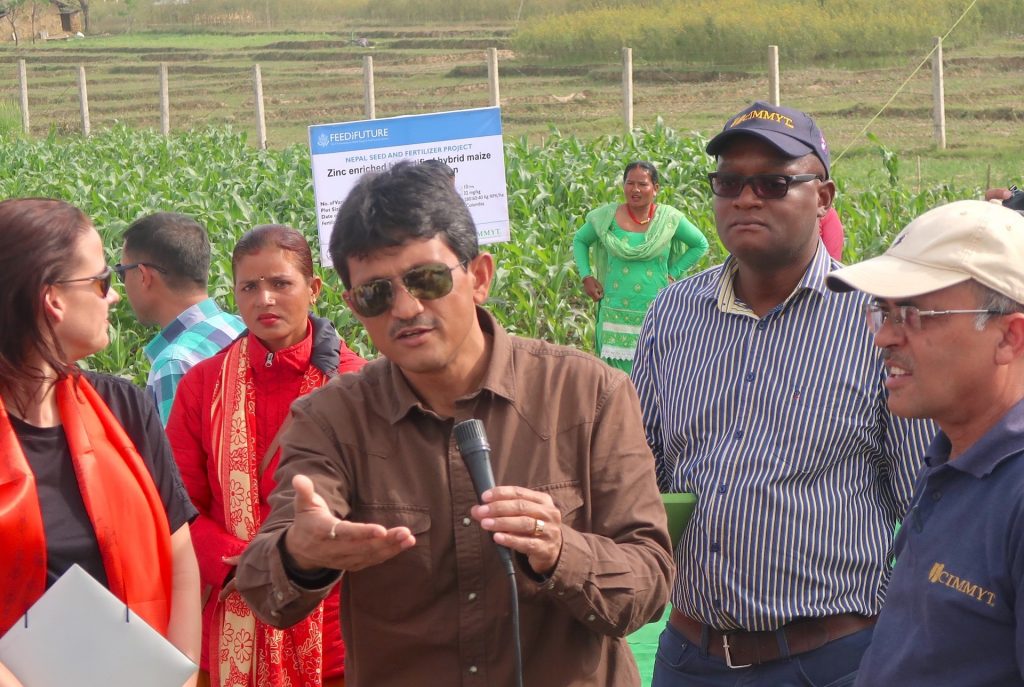
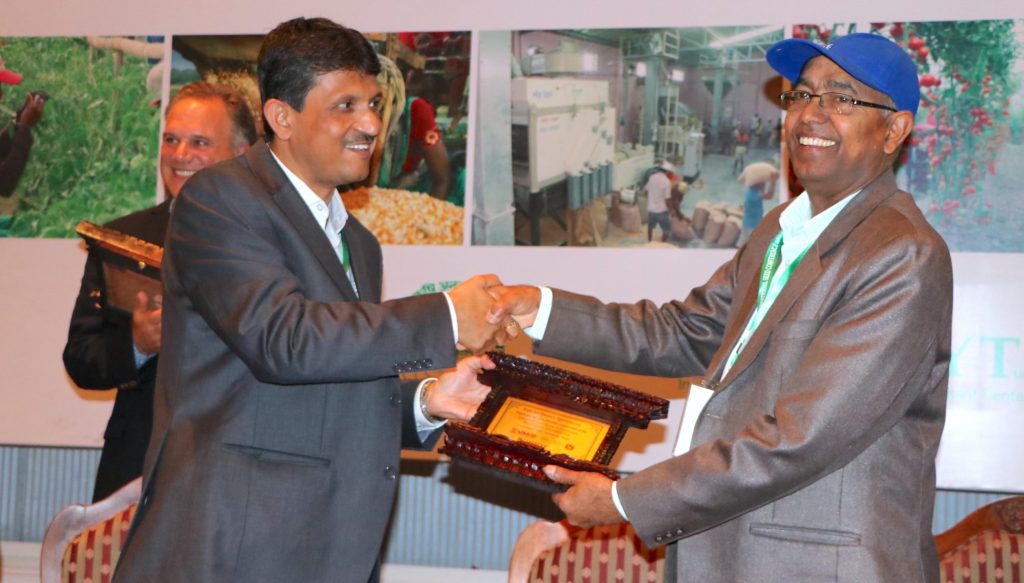
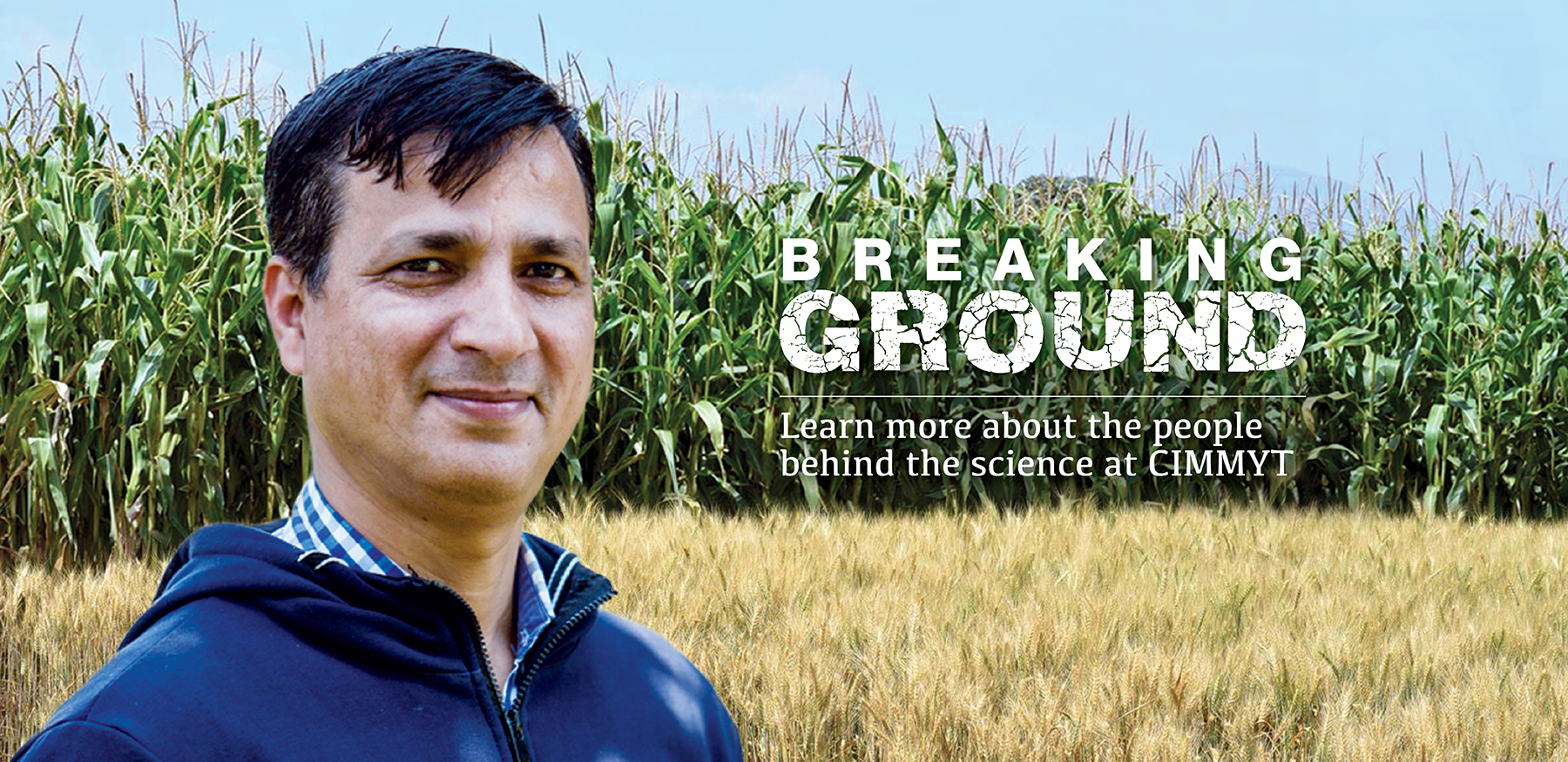
 Gender equality, youth and social inclusion
Gender equality, youth and social inclusion 